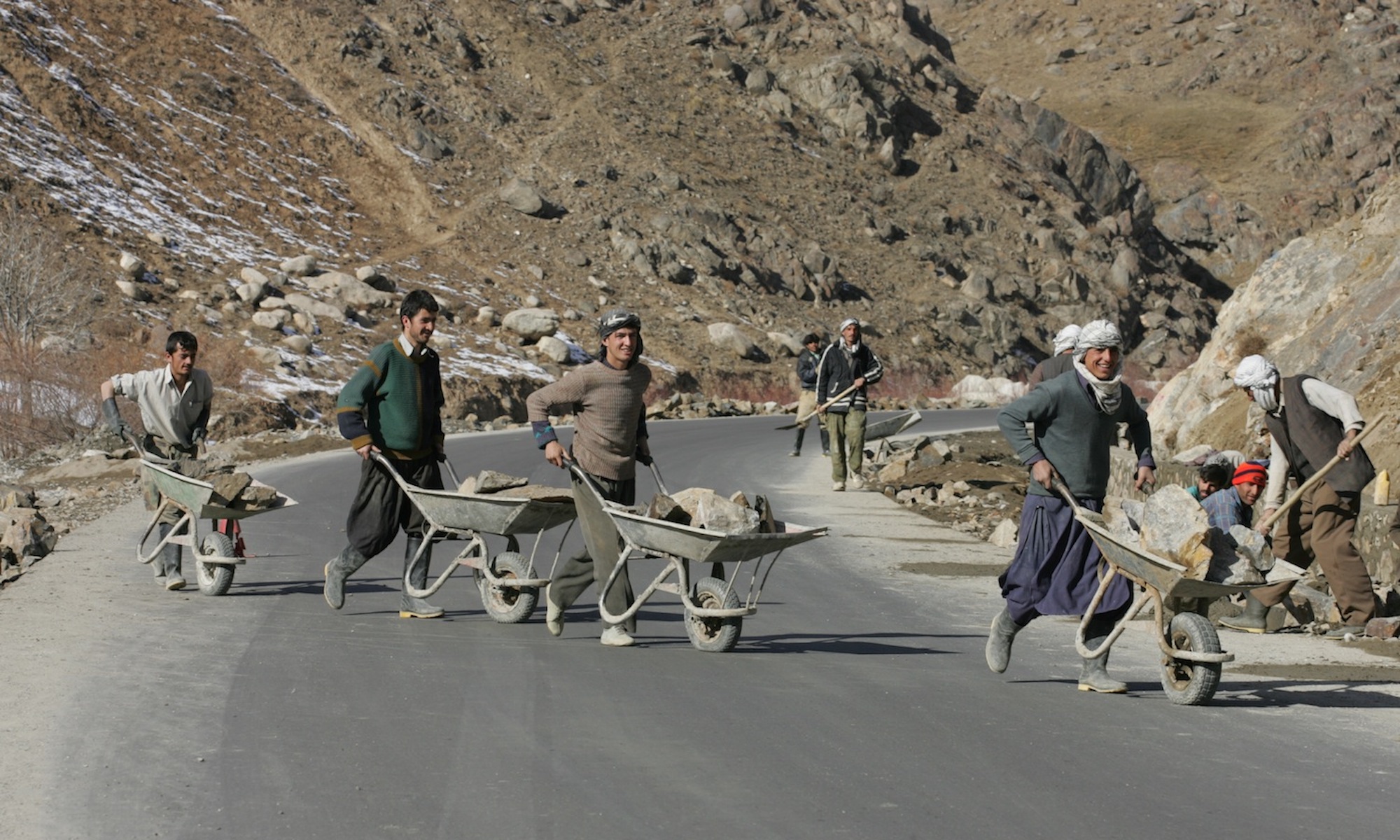This article investigates the effectiveness of combatant reintegration through a case study of two security-oriented programmes held in Poso, Indonesia from 2007 to 2008. Each programme aimed to prevent further attacks by addressing perceived economic difficulties experienced by youths whose main skill was perpetrating violence. The effect of such reintegration programmes on potential spoilers has typically been conceptualised in terms of programme influences on former combatants themselves. But in a localised conflict context where many combatants may have held jobs while perpetrating violence, the paper finds that the clearest contribution to sustaining peace of reintegration programming was its effect on police capacity to manage security. Police increased their levels of contact with combatants through reintegration and other informal incentives, then leveraged this contact to gather information after security incidents and to detect potential security disturbances. This pattern of achieving security outcomes through police contact with perpetrators of violence owes its conceptual lineage to the counter-terrorism strategy of the Indonesian police. The case highlights the potential for greater exchange between the fields of combatant reintegration and counter-terrorism disengagement.

INSCT Postconflict Research Database
The Institute for National Security and Counterterrorism's Postconflict Research Database & Analysis Project stores cross-indexed bibliographic information on hundreds of journal articles, books, book chapters, and case reports that address the broad, interdisciplinary fields of postconflict reconstruction, stabilization, and peacebuilding.
13 Replies to “Reintegration and Localised Conflict: Security Impacts Beyond Influencing Spoilers”
Comments are closed.